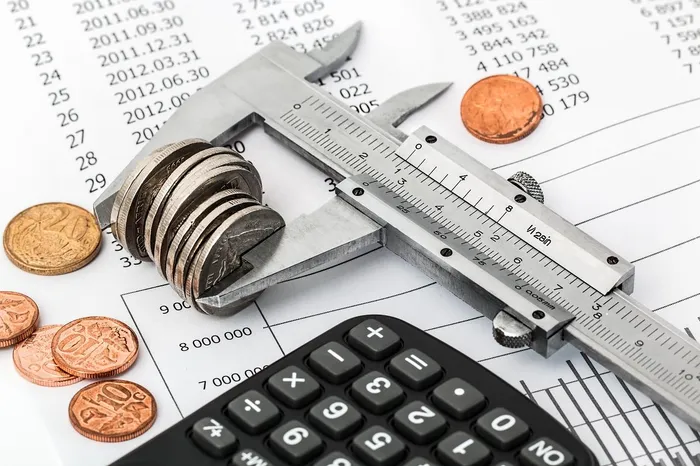Navigating your finances: Key takeaways from the 2025 Budget Speech
Household Finances

The recent 2025 Budget Speech brought with it some crucial announcements that will directly impact your household budget.
Image: Steve Buissinne/Pixabay
THE recent 2025 Budget Speech brought with it some crucial announcements that will directly impact your household budget.
For starters, there is good news on the value-added tax (VAT) front: it will remain at 15%, after the reversal of the previously proposed increase.
While this offers some relief, it also means the planned expansion of the zero-rated food basket, which would have cushioned lower-income households, will no longer proceed.
Previously, the proposed new items included the edible offal of sheep, poultry and goats; specific cuts such as heads, feet, bones and tongues; as well as canned vegetables. However, the 21 items previously classified as zero-rated still remain in place, including brown bread, maize meal, rice and samp, to name a few.
For those who enjoy alcoholic beverages, you should expect to pay approximately 6.8% more across most categories, including malt beer, wine, sparkling wine, ciders, alcoholic fruit beverages and spirits.
Similarly, a 4.8% increase has been implemented for tobacco products, affecting cigarettes, vaping products (specifically HTP — heated tobacco product — sticks), cigarette tobacco, pipe tobacco and cigars.
The sugar tax (officially known as the Health Promotion Levy) will remain unchanged for this financial year, despite an inflationary increase being due, to allow the sugar industry more time to restructure.
However, citizens need to be prepared for a slight bump at the pumps. The general fuel levy is set to increase from 4 June 2025, marking the first such increase in three years. Specifically, petrol will go up by 16c per litre, and diesel by 15c per litre. This is an inflation-linked adjustment.
On the social support side, there is continued commitment from the National Treasury. The old monthly age grant was increased by R120 to R2 310 in April 2025, with another R10 increase planned for October, bringing it to R2 320. Furthermore, the Covid-19 social relief of distress grant has been extended until the end of March 2026.
Regarding municipal services, the budget allocates R610 per month for free basic services to 11.2 million poor households in 2025/26, covering essential needs like electricity and water. On this note, older persons are encouraged to go to their local municipalities to be registered for the indigent programme if they meet the qualifying criteria.
While the tax rates themselves have not changed, the personal income tax brackets have not been adjusted for inflation. This means that as people’s incomes increase, even if only in line with inflation, a larger portion of their income will fall into higher tax brackets, effectively leading to them having to pay more tax.
Stay informed, adjust your spending where necessary and continue to prioritise your financial well-being.
* Thabiso Ndebele is an associate partner at the Ntiyiso Consulting Group. With a foundation in electrical engineering (BSc), complemented by an MBA and MPhil in management.
** The views expressed here do not reflect those of the Sunday Independent, Independent Media or IOL.